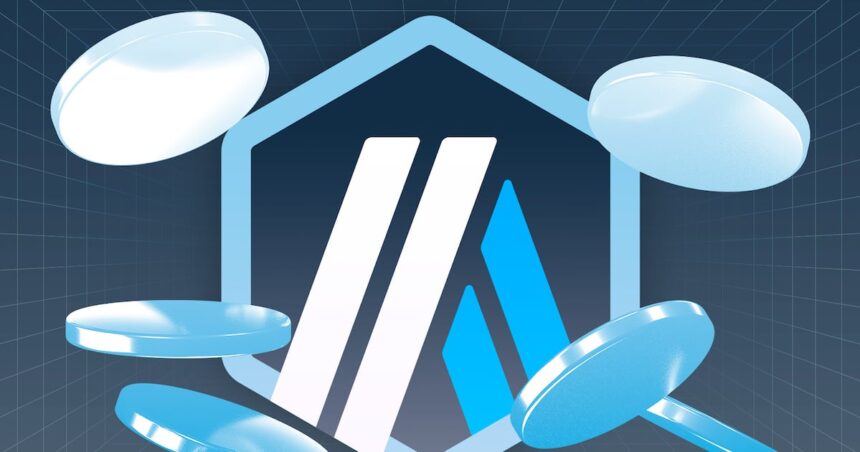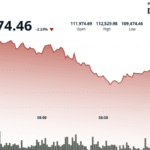Arbitrum has launched a new initiative aimed at revitalizing its decentralized finance (DeFi) sector, specifically designed to attract DeFi traders to its blockchain. The DeFi Renaissance Incentive Programme, announced recently, offers 80 million Arbitrum tokens—valued at approximately $40 million—as part of a strategic effort to increase on-chain activity in its money markets.
The initial focus of this incentive program is on the looping strategy, a tactic used by traders to amplify yields by borrowing against the same collateral multiple times. Although this method carries inherent risks, it can be highly profitable, particularly for blockchains that earn fees on each transaction. Arbitrum recognizes this potential revenue stream and aims to entice loopers by accommodating popular lending markets and collateral assets, including Pendle derivatives.
The initiative comes as Arbitrum’s token has seen a significant decline, plummeting nearly 80% from its 2024 high of $2.39. This downturn reflects broader challenges facing the layer 2 blockchain sector, which also impacts competitors like Optimism, Mantle, and Starknet. While the token rewards could exacerbate inflationary pressures on an already struggling token, Arbitrum’s gamble lies in whether the program can cultivate long-term liquidity that generates meaningful revenue without further depressing token prices.
Despite the current market conditions, Arbitrum has made strides in generating revenue. Its recently introduced Timeboost feature—a transaction ordering system that allows traders to bid for quicker trade processing—has reportedly yielded about $5.4 million in revenue and over $3.4 million in profits for Arbitrum DAO since its rollout in April.
However, the stakes are rising for Arbitrum as it faces increased competition. It has recently been eclipsed by Coinbase’s Base in terms of capital locked in DeFi markets. Currently, Arbitrum holds $4.5 billion in DeFi investor funds, while Base leads with $6.8 billion, according to data compiled by DefiLlama. On the bright side, when considering all blockchain assets—including externally bridged tokens and those not locked in DeFi—Arbitrum continues to surpass Base, as indicated by L2Beat metrics.
The upcoming months will be crucial for Arbitrum as it seeks to balance the rewards program’s potential risks and benefits while striving to reclaim its position in the competitive landscape of decentralized finance.







